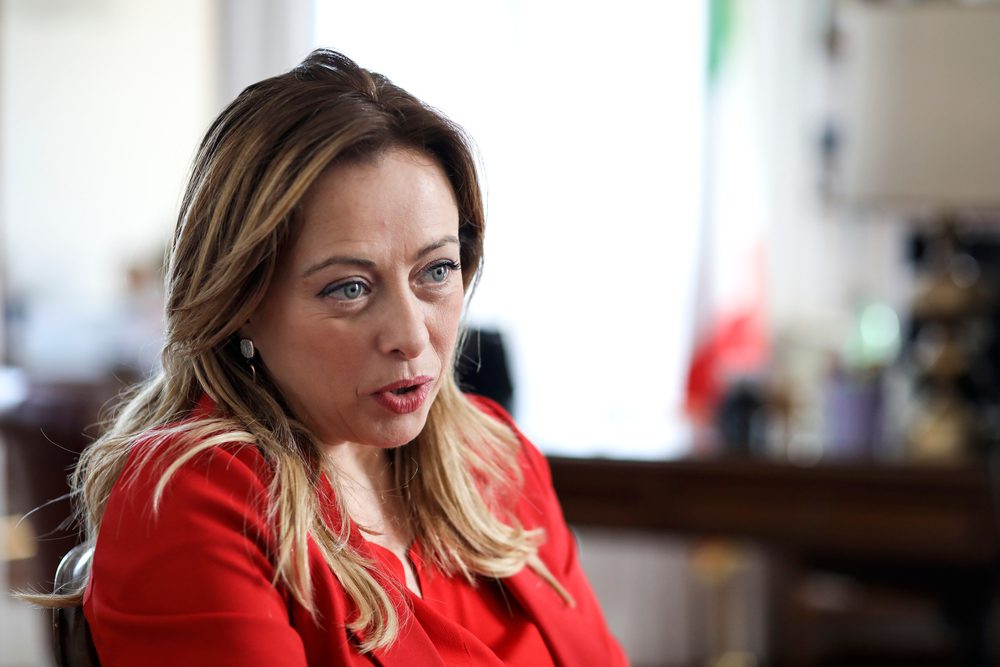
The new Italian president of the council, Giorgia Meloni, made her first official visit to Brussels on Thursday, November 3rd. In a few hours, she met with the main European leaders, Roberta Metsola, Ursula von der Leyen, and Charles Michel.
Giorgia Meloni said she was highly satisfied with the exchanges, which she described as “very frank and very positive.” This feeling was shared by Ursula von der Leyen, who welcomed the meeting as “a good opportunity to exchange views on crucial issues.”
The choice of Brussels as the first foreign trip was highly symbolic. There was a great deal of trepidation on the part of the Brussels authorities, but concerns about Meloni’s European loyalty were clearly swept aside during the meetings. Roberta Metsola’s entourage welcomed the fact that “the meeting confirmed that Italy would continue to play a central role in the European Union’s decision-making process.” Metsola also stressed Italy’s “total” alignment with the Union on the Ukrainian issue.
Meloni came to the European capital with peaceful intentions and a moderate speech. One of her primary objectives remained to secure the payment of the €200 billion post-COVID stimulus package and she acted for that purpose. She said she wanted to “dismantle” the hostile discourse built around her person, based largely on misunderstandings. “Talking directly with people can help to dismantle a narrative that has been built up about me and the Italian government. We are not Martians, we are real people who explain their positions,” she explained.
The discussions focused on the rise in energy prices, migrations, and Ukraine. On energy matters, Meloni defended the Italian point of view and criticised Berlin’s individualistic attitude. The Italian prime minister supports the idea of a global cap on gas prices. The more divisive issue of immigration was also discussed. On this point, Meloni made her voice heard clearly, recalling the priority of the defence of external borders, provided for by the treaties, which she believes is not effective today.
A book of interviews with journalist Bruno Vespa, La grande tempesta (The Great Storm), is due to be published soon. In it, Meloni develops the vision of Europe she wants: a “confederate” Europe, based on the “principle of subsidiarity.” “Brussels is not there to do what we do better in Rome,” she explains. She criticises a Europe that is too intrusive on minor issues and is not there for the big ones—a Europe that feels concerned with the “diameter of clams” (il diametro delle vongole), instead of energy supply, and whose foreign policy “does not exist.” She also vigorously attacks the Bolkenstein directive on posted workers, often criticised by the European sovereignist Right.
The tone of the Brussels talks was more measured. Although all the protagonists of the meeting were happy with the way it went, caution was still the order of the day. No joint statement was scheduled after the Italian conservative leader’s Brussels trip.
